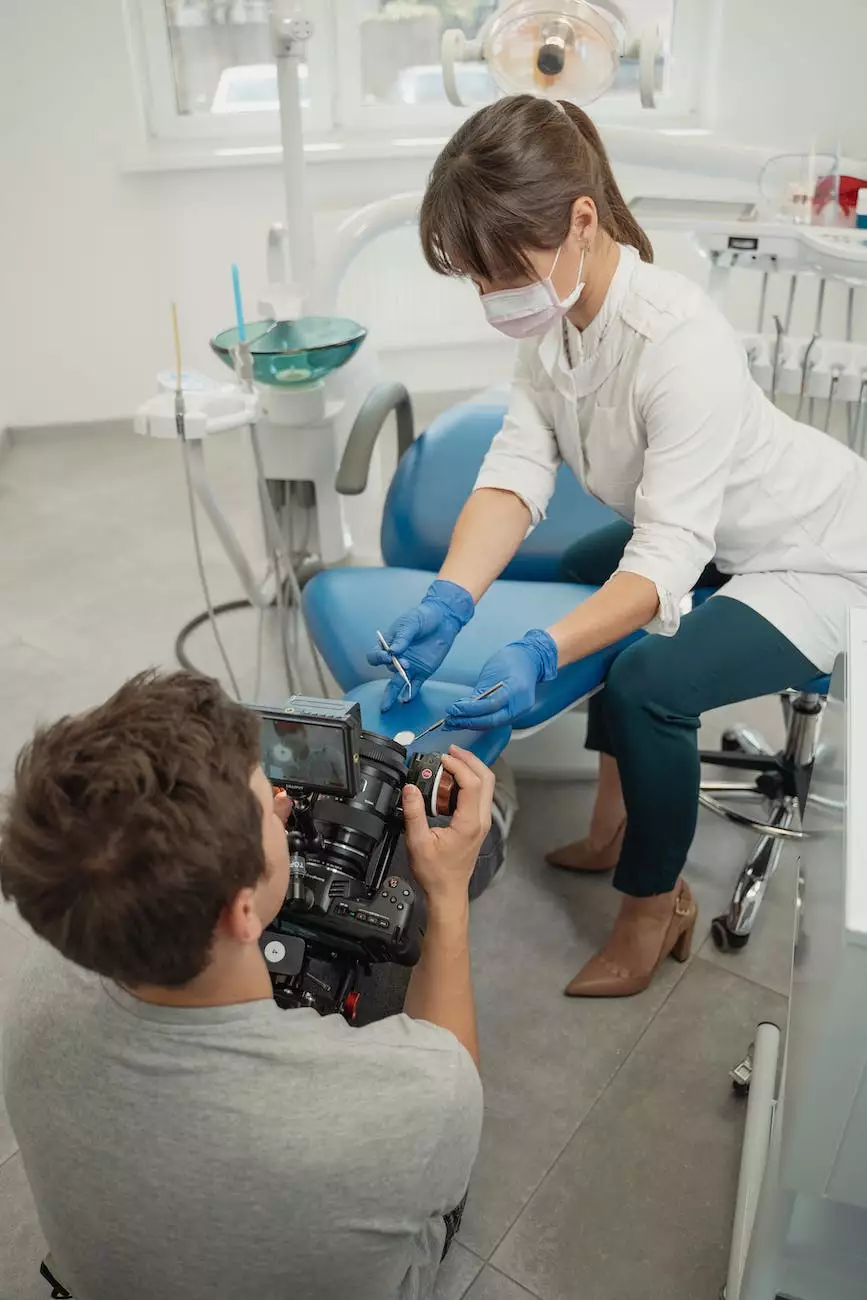How Imperfect Teeth Can Impact Your Posture
Blog
Introduction to the Connection between Teeth and Posture
Did you know that your teeth play a significant role in your overall posture? It may seem surprising, but the condition of your teeth and bite alignment can affect your skeletal structure and posture. In this article, we will explore in detail how imperfect teeth can impact your posture, and why it is crucial to maintain optimal dental health.
Understanding the Role of Teeth in Posture
Teeth are not just instruments for chewing and speaking. They are an integral part of the human body's structural support system. Proper alignment and harmonious functioning of your teeth contribute to an aligned jaw, balanced facial muscles, and optimal posture. When any of these components are disrupted, it can lead to various physical issues, including poor posture.
Effects of Misaligned Teeth on Posture
Misaligned or imperfect teeth can create an imbalance in the muscles and joints of the jaw. This imbalance extends beyond the mouth, affecting the overall alignment of the head, neck, and spine. Here are some of the specific ways imperfect teeth can impact your posture:
1. Forward Head Posture
Forward head posture is a common issue related to imperfect teeth. When the teeth are misaligned or there are bite problems, it can lead to an improper resting position of the jaw. This, in turn, causes the head to protrude forward, straining the neck and shoulder muscles. Over time, this posture can result in chronic pain, tension headaches, and even decreased lung capacity.
2. Rounded Shoulders and Hunched Back
As the head moves forward due to dental misalignment, it causes a chain reaction throughout the entire body. The shoulders tend to roll forward, and the upper spine becomes rounded. This posture alteration places excessive stress on the muscles and ligaments supporting the spine, leading to discomfort, fatigue, and muscular imbalances.
3. TMJ Disorders and Jaw Tension
Imperfect teeth often coincide with temporomandibular joint (TMJ) disorders. TMJ disorders affect the joint connecting your jawbone to your skull, causing pain, clicking sounds, and limited jaw movement. The tension in the jaw muscles resulting from these disorders can radiate to other areas, altering your posture and causing stiffness in the neck, shoulders, and upper back.
4. Breathing Difficulties
Inadequate teeth alignment can also lead to breathing difficulties. When the upper and lower jaws do not meet properly, it can affect the position of the tongue and obstruct the airway during sleep or even while awake. This can result in snoring, sleep apnea, and other respiratory issues. Breathing difficulties associated with dental problems can further impact your overall well-being and posture.
Importance of Correcting Dental Issues for Postural Alignment
Now that we've discussed how imperfect teeth can impact your posture, it's essential to understand why correcting dental problems is crucial for maintaining optimal postural alignment and overall health.
By addressing dental issues such as misaligned teeth, improper bite, or TMJ disorders, you can:
- Restore balance to your facial muscles and skeletal structure.
- Reduce strain on your neck, shoulders, and back muscles.
- Alleviate chronic headaches and jaw pain.
- Improve your breathing and reduce the risk of sleep-disordered breathing conditions.
- Enhance overall posture and body alignment.
Consulting Robert Miller, DDS for Dental Services
If you are experiencing any dental issues that may be affecting your posture and overall well-being, it is essential to seek professional help. Robert Miller, DDS specializes in providing high-quality dental services aimed at improving your oral health and well-being. With years of experience and a dedication to staying up-to-date with the latest advancements in dentistry, Dr. Miller can help you achieve optimal dental health and restore your posture.
Contact Robert Miller, DDS today to schedule a consultation and take a step towards enhancing your posture and overall health.




